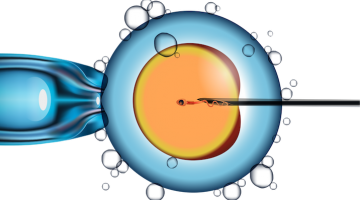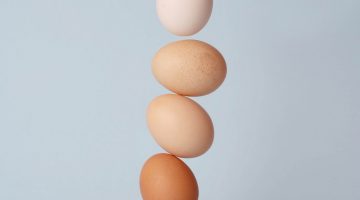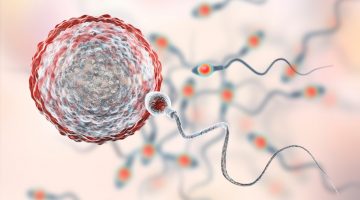Chances of Getting Pregnant by Age

Many different factors influence a woman’s chances of getting pregnant. There are many causes of infertility, including both male and female factors, and a woman’s age is a key determinant of her fertility. A woman’s chances of getting pregnant either naturally or with assisted reproductive technologies like in vitro fertilization (IVF) are certainly influenced by her age, but age isn’t everything. At CNY Fertility, we evaluate each patient on a case by case basis and we advise them which treatment will provide them the best chances of getting pregnant and also what those chances are. This article will present the results of different studies and research on a woman’s chances of getting pregnant by age. However, the best way to understand your personal fertility and chances of conceiving is to schedule a consultation and fertility assessment with our clinical team.
Chance of Getting Pregnant by Age per Month
The odds of getting pregnant each month changes greatly as a woman ages. As demonstrated in the figure below, her odds of conceiving fall most drastically between the ages of 35 to 40. Her chances of getting pregnant drop from around 25% at the peak of her fertility to less than 5% around the age of 40. And unfortunately, her chances of conceiving don’t get better from there link=”https://www.asrm.org/” text=”American Society of Reproductive Medicine”/].

Chance of Getting Pregnant by Age Within 12 Months
Infertility is often defined as the inability to get pregnant after having unprotected sex for 12 months (or more). A woman’s chances of getting pregnant naturally change as she gets older. As such, so does the definition of infertility. If a woman is over the age of 35, fertility specialists may diagnose her as infertile after only 6 months of trying to get pregnant. It is important that all women know their chances of getting pregnant, especially as they age, so they know when to seek the assistance of a fertility specialist. In the figure below, you will find women’s odds of getting pregnant naturally within 12 months at each age .
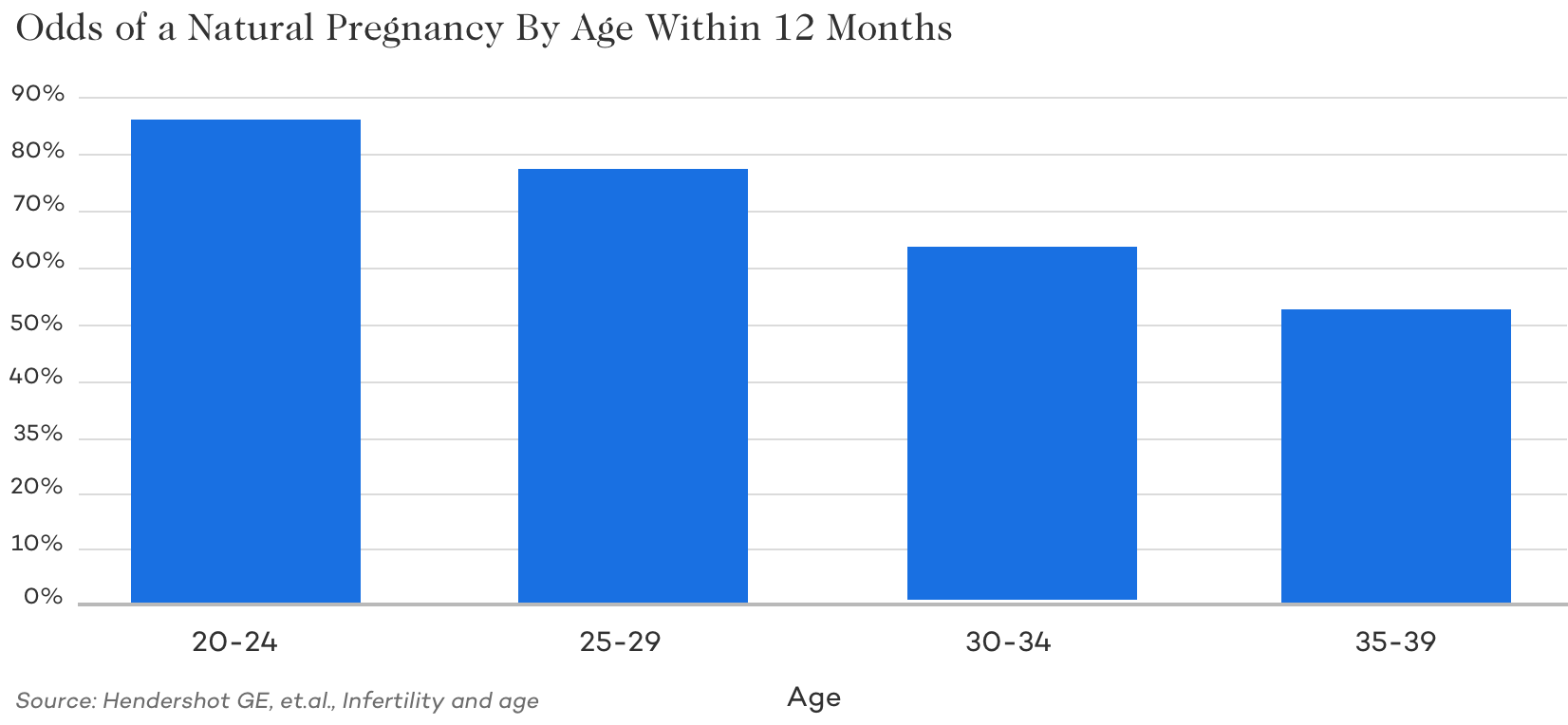
Odds of Infertility by Age
Now that we know a woman’s chances of getting pregnant at each age, it’s important that we discuss her odds of infertility . As you’d expect given the previous two graphs and information, the odds of infertility climbs with age. In her early twenties, a woman has around a 7% chance of being infertile, mostly due to non age related fertility factors like PCOS, endometriosis, or male factors.
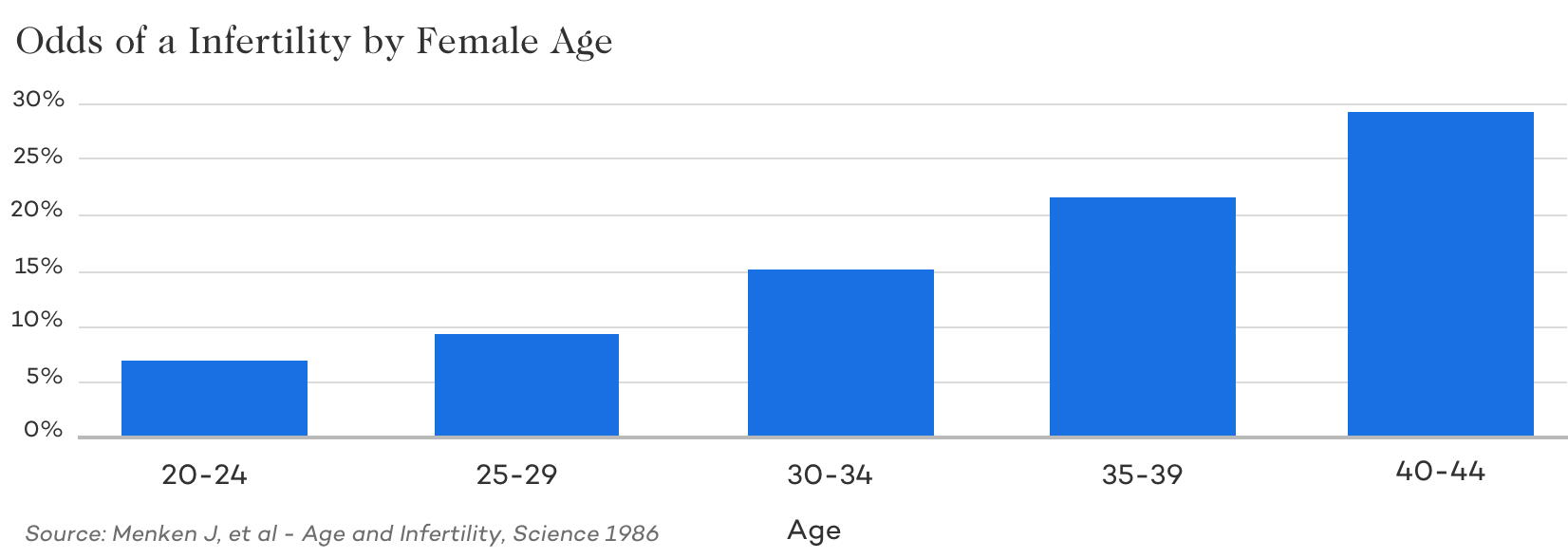
What Causes Fertility to Decrease as Women Age
A woman’s chance of getting pregnant at each age is influenced by many factors. Below, we will discuss some of the main ones.
Ovarian Reserve
Ovarian reserve is a term used to describe the number of eggs left in a woman’s ovaries. If we think back to high school biology, you may remember that women are born with every egg they will ever have. In fact, a female fetus will have all they eggs they ever have while still in utero. When a woman reaches sexual maturity, they start developing a large number of eggs each month – roughly a thousand. Of course, only one of those thousands is “chosen” to fully mature – that chosen egg is the one that is ovulated and has a chance of being fertilized and developing. The remaining 999 (or so) eggs simply fail to develop and wither away each month meaning a woman’s ovarian reserve shrinks by upwards of a thousand every month and declines greatly as one ages .
While ovarian reserve is not a measure of egg quality in and of itself, it does have some correlations to egg quality and odds of pregnancy.
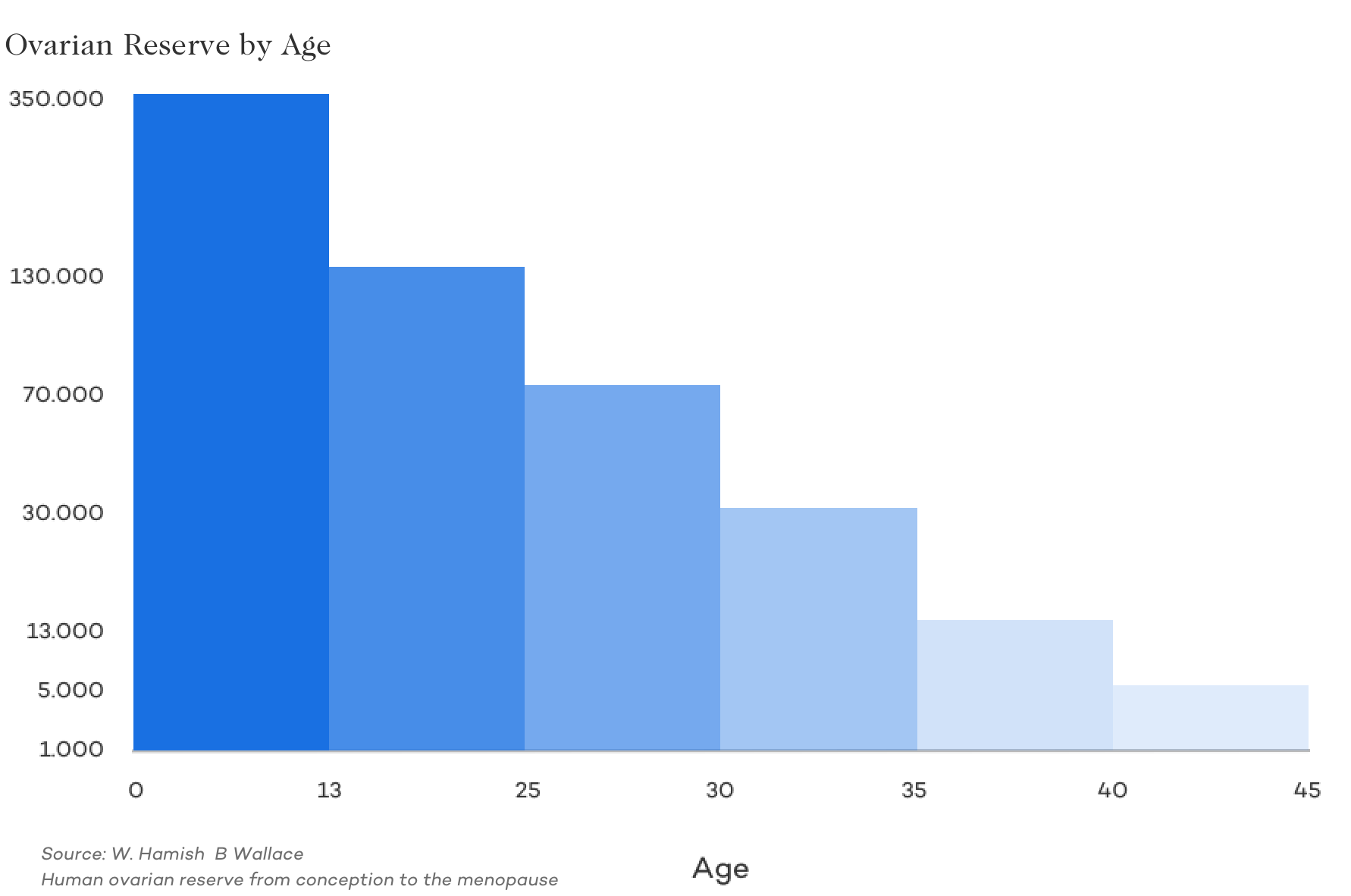
The most common way Ovarian Reserve is assessed is through the Anti-Müllerian Hormone (AMH) test. AMH is a protein-based hormone produced by specialized cells within the ovarian follicle (where the egg develops). AMH levels in the blood can be used to help estimate the number of follicles inside the ovaries, a woman’s egg count, and predict their ovarian response to stimulation medications. Each month, a large number of eggs is lost, so as a woman ages, they have fewer eggs in store to pull from. With less eggs to pull from, fewer eggs begin to develop each month which results in lower AMH levels over time .
Higher level of AMHs indicates that more follicles/eggs have begun to develop that month and a likely greater ability to develop multiple high-quality eggs if during an egg freezing, injectable IUI, or IVF treatment cycle.
A typical AMH level for a fertile woman ranges between 1.0–4.0 ng/ml. A level under 1.0 ng/ml is considered low and is indicative of diminished ovarian reserve. It’s important to understand however that AMH levels can vary greatly each month and may be improved.

Genetic Abnormalities
Another reason the odds of pregnancy go down and infertility rates go up as one ages is the chromosomal makeup of the woman’s eggs & thus embryos .

Getting Pregnant with IVF by Age
Now that we’ve seen the odds of natural pregnancy decline by age and why, let’s see if IVF can save the day?
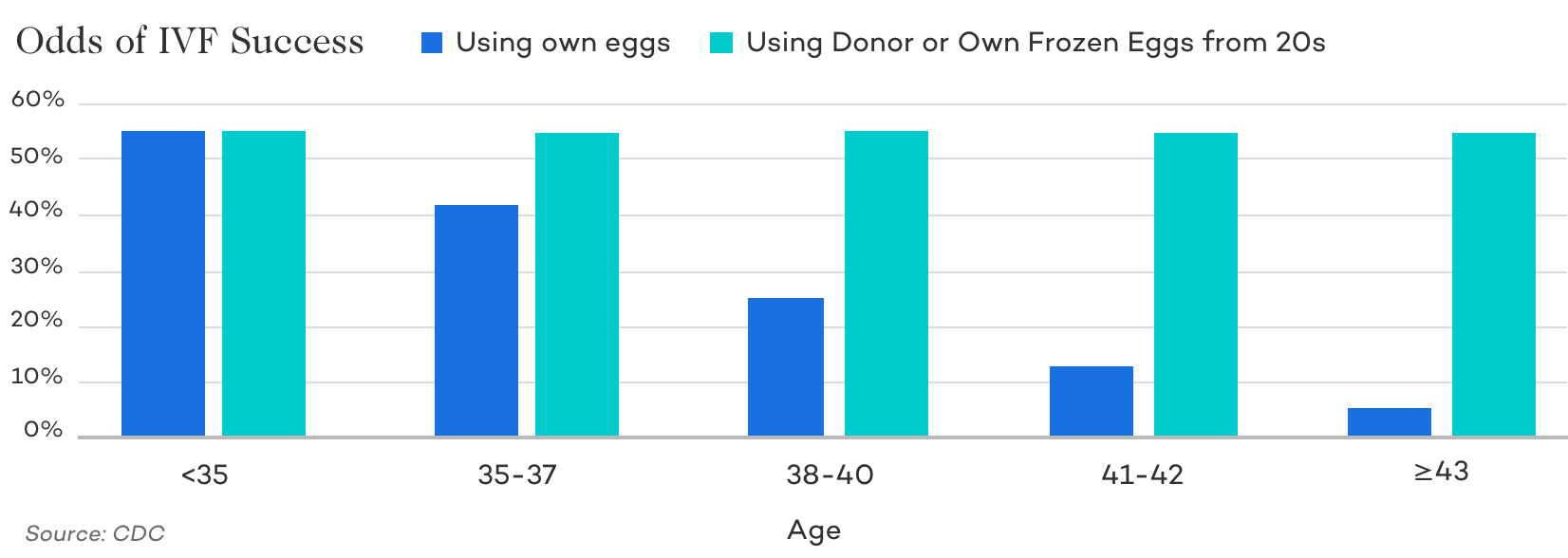
As you can see from data reported by the CDC IVF does help improve odds of pregnancy across the board – however, age is still a large factor in determining success, largely for the reasons mentioned above. Because egg quality is the primary factor in lower odds of success (rather than uterine environment or other factors) it makes sense that IVF with young eggs (either through donor eggs or previously frozen eggs) leads to relatively age-independent success rates with IVF. Fertility preservation can help to increase a woman’s chances of getting pregnant by age.
Bottom Line
Despite individual variance, fertility and the chances of getting pregnant by age both naturally and with the help of fertility treatments tend to decline with age. But, that certainly doesn’t mean older women can’t get pregnant. Women in their late 30s and 40s can get pregnant and have healthy children, sometimes with the help of a fertility clinic, other times, all on their own.
The cost of fertility treatment can be a major deterrent for many women. The cost of IVF, Donor Eggs, and Egg Freezing can vary greatly from clinic to clinic, so it is important to do your research. At CNY Fertility, we pride ourselves on being the nation’s most affordable clinic. We also offer in-house financing programs to make affording treatment even more achievable.
To learn more about Making Your Genes Come True™ here at CNY, the nation’s most affordable fertility clinic, we invite you to schedule a consultation with one of our providers.





